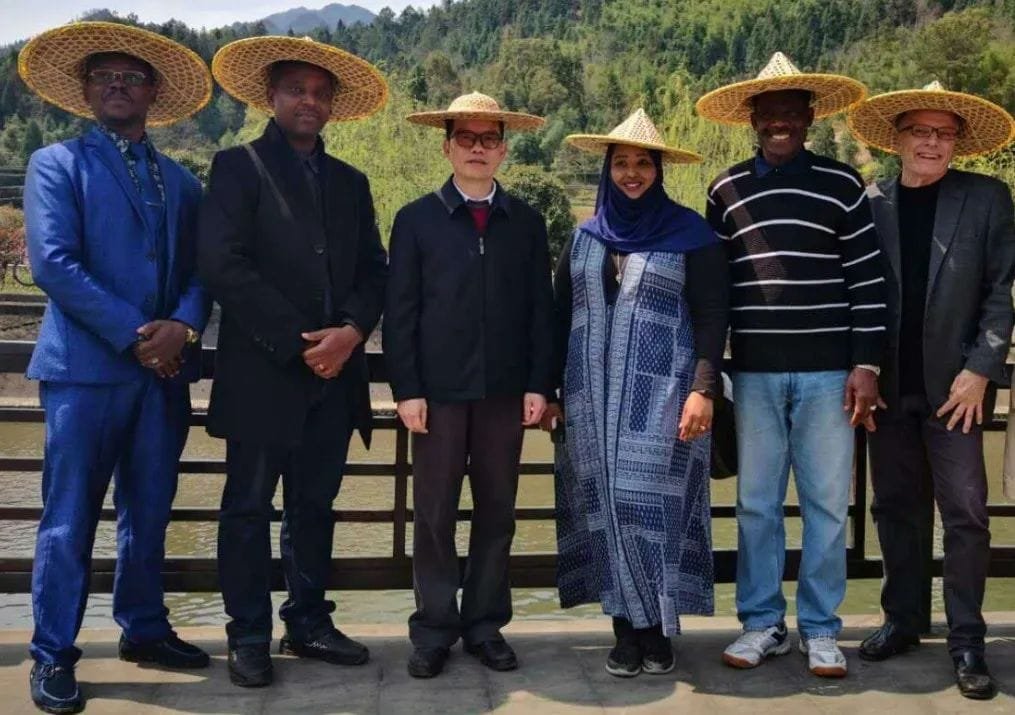SINAFRICANEWS.ORG

By SinAfricaNews October 9, 2024 0 Comments

Scholar Team from the Institutes of African Studies, Zhejiang Normal University, China.
Join our global community of readers who seek to understand the evolving dynamics between China & Africa. Let's see the world from the Global South's perspective.
SINAFRICANEWS brings you a new narrative of our World from a Sino-African Perspective
SINAFRICANEWS 2026 © All Rights Reserved. Design & Developed by VW Themes
You must LOG IN first!
Javascript not detected. Javascript required for this site to function. Please enable it in your browser settings and refresh this page.

